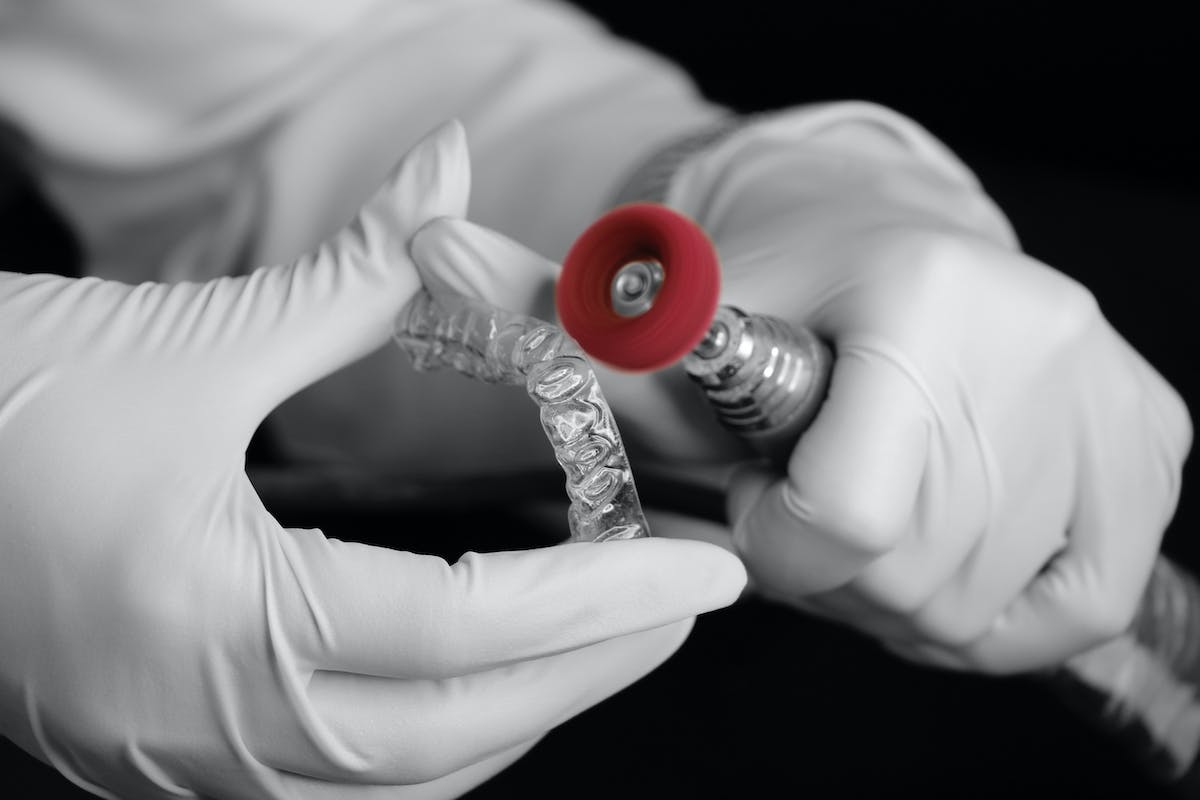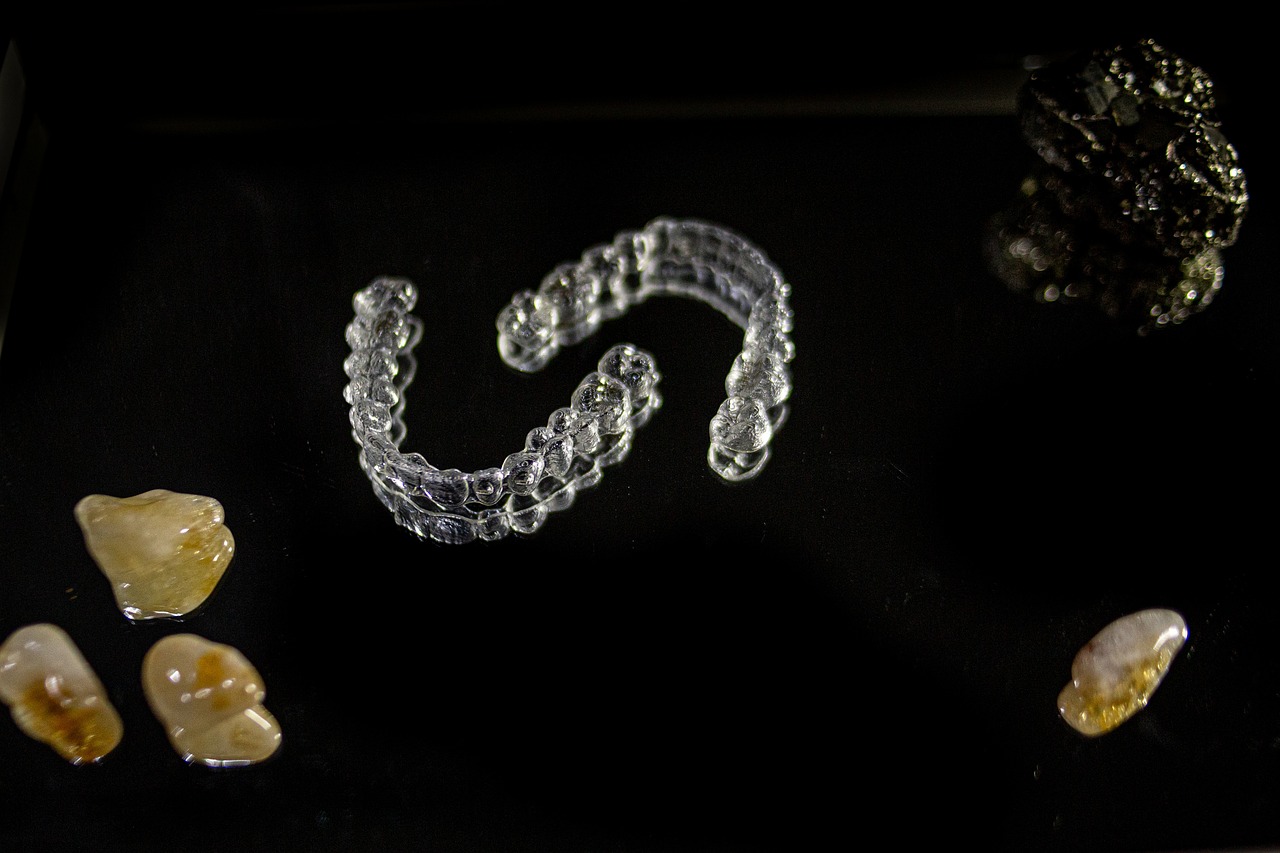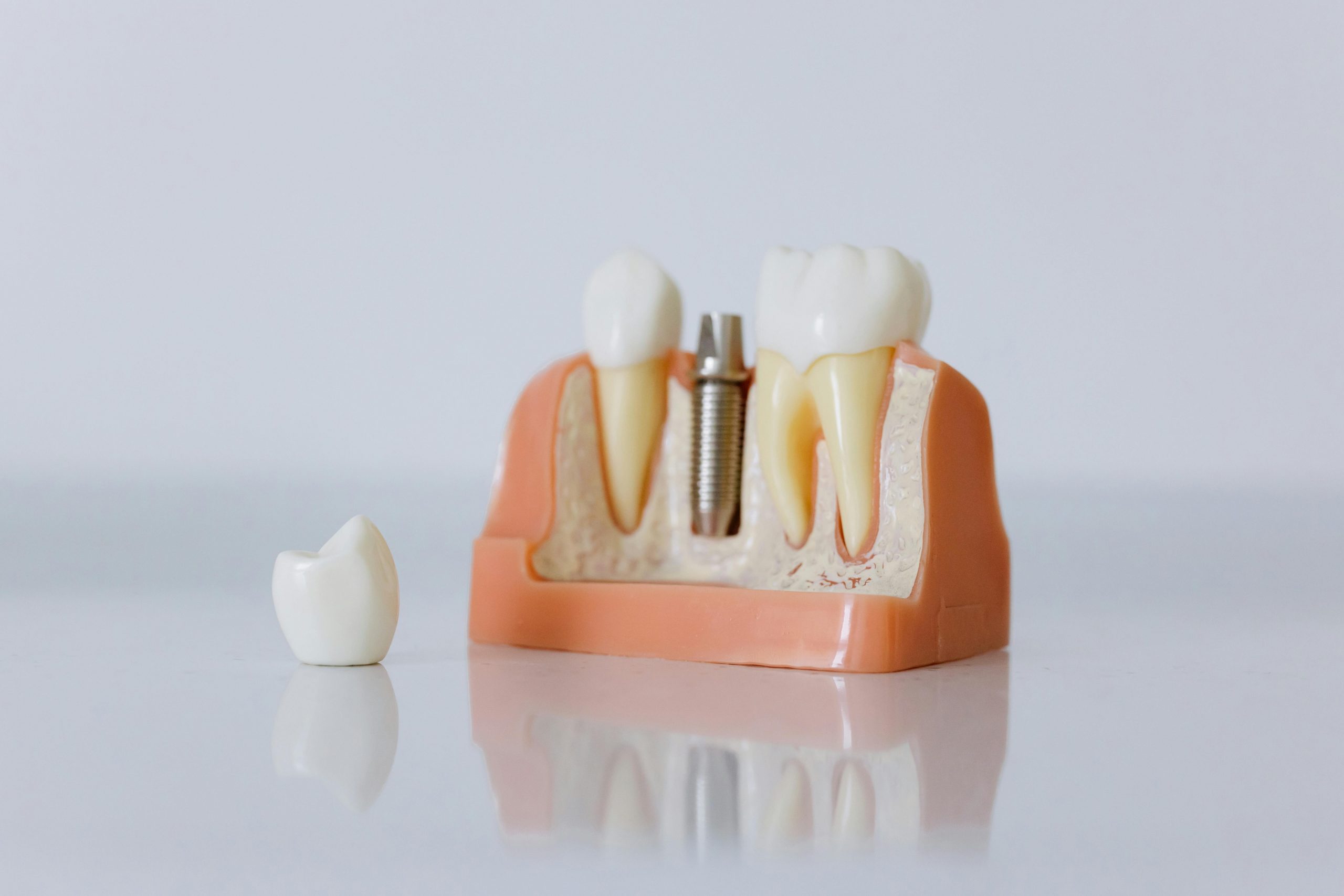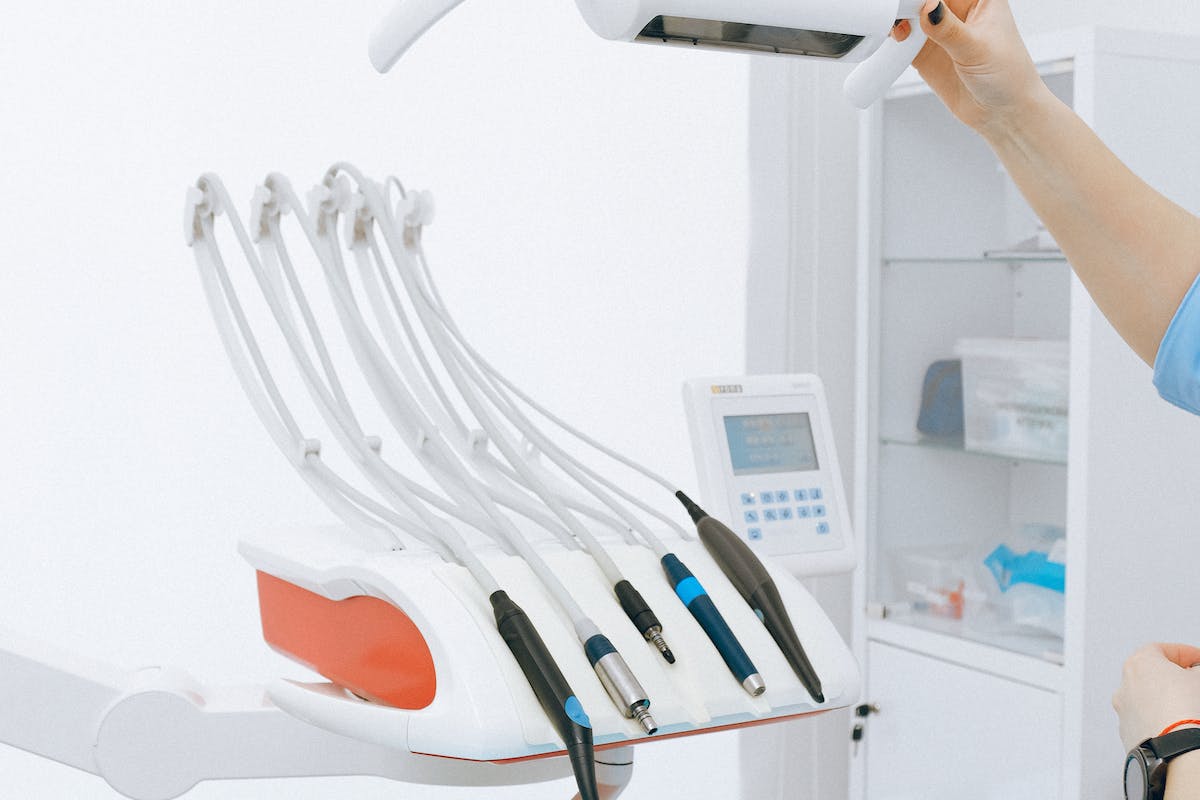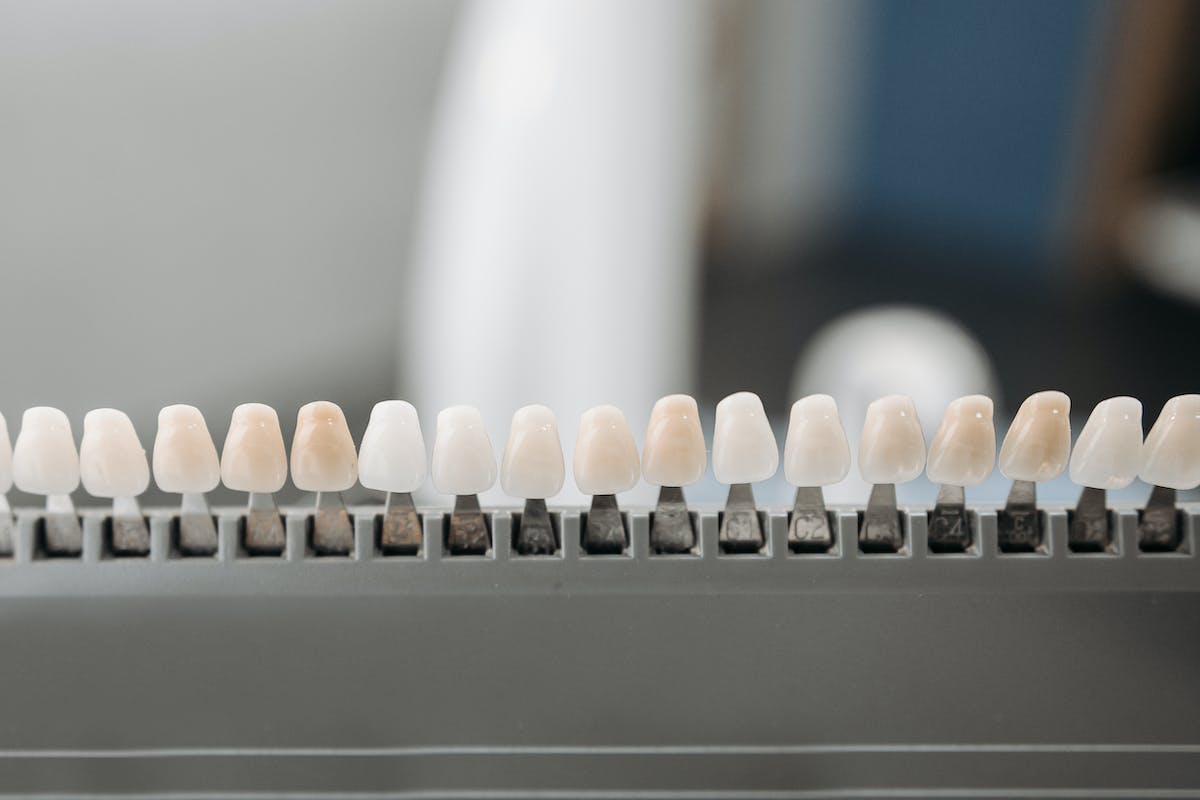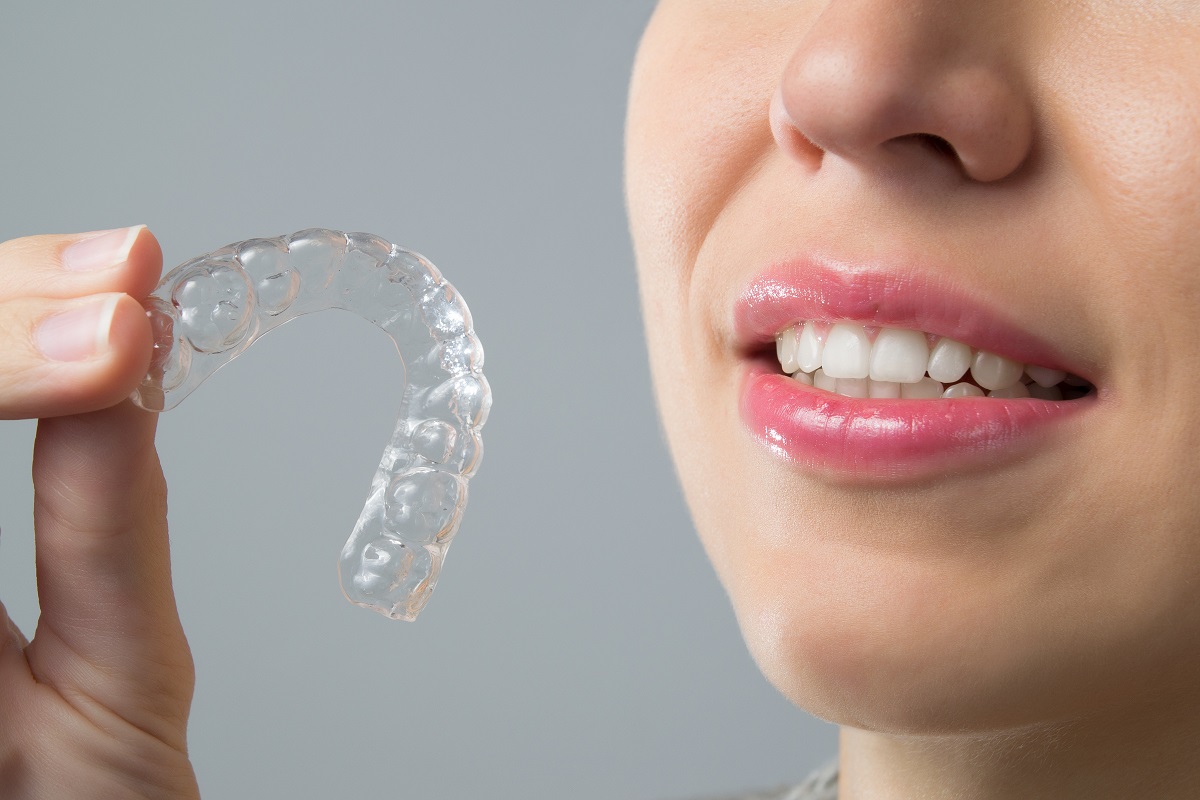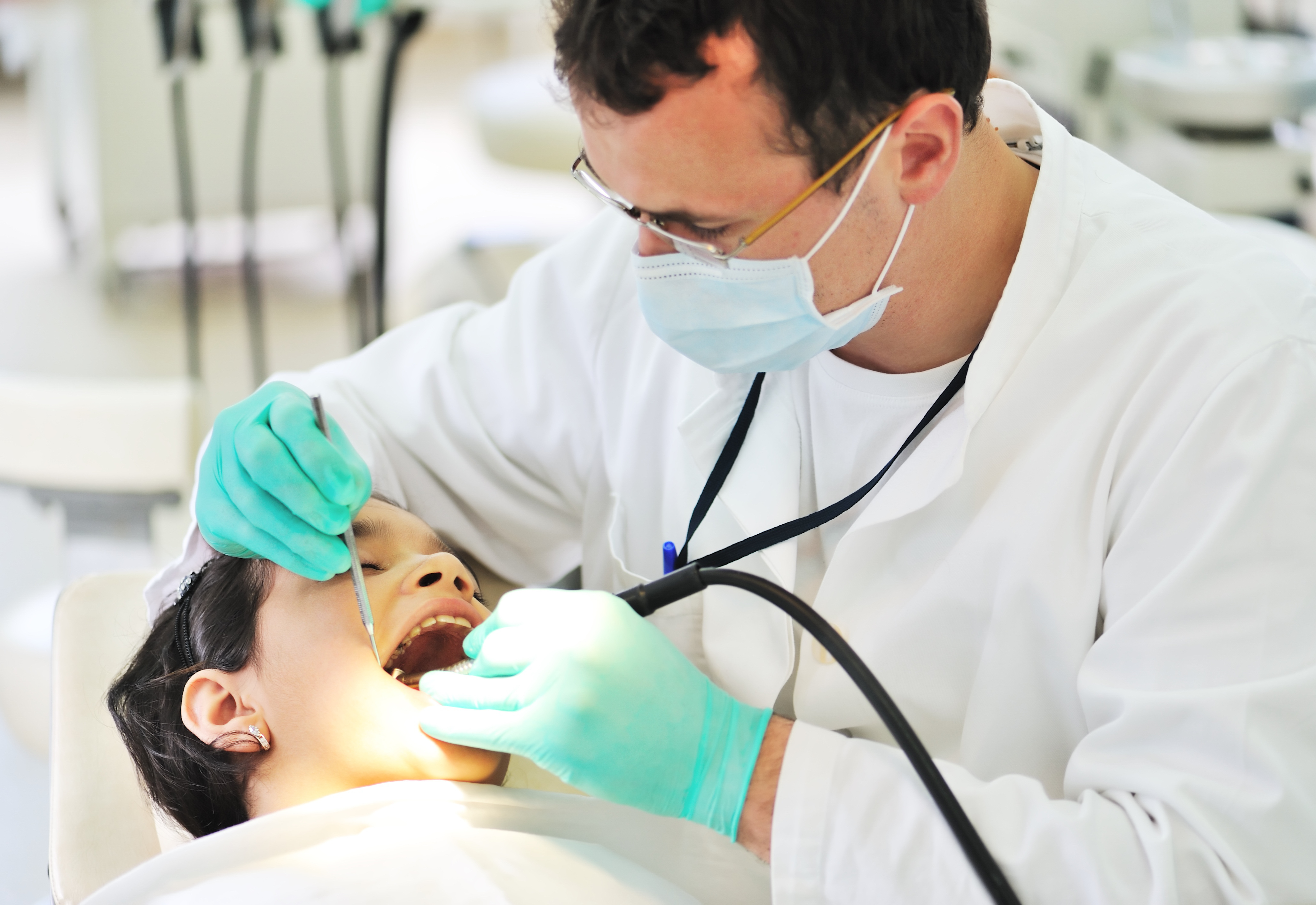In the realm of orthodontic treatment, Invisalign Tubridge Wells has undoubtedly revolutionised the way we […]
Transforming Smiles with Invisalign: What to Expect
Get ready to embark on an exciting journey of self-discovery that begins with your smile. […]
The Comprehensive Guide to Dental Implants: Benefits and Process
Embarking on a journey to revamp and restore your smile? Look no further than dental […]
Why Comprehensive Dental Services are Essential for Optimal Oral Health
Oral health is a crucial aspect of overall wellness, often overlooked in our busy lives. […]
Why Choose Veneers for Cosmetic Dental Improvements?
Every individual deserves a smile they can confidently flash, and that’s where veneers come in. […]
What Role Do Aligners Play in Modern Dental Practices?
Invisible aligners, a revolutionary orthodontic treatment, is quickly becoming a household name. No longer are […]
Understanding the Power of Dental SEO
In the modern digital landscape, harnessing the influence of dental SEO is paramount to the […]
Physical and Social Impacts of Crooked Teeth
According to dentistry research, approximately a third of the American population is unhappy with their […]
Companies That Hire Dentists Can Be the Better Option Than Starting Your Own Practice
Companies that hire dentists are actively looking for new dentists right now. Dentist job opportunities […]
How to Make Sure Your Family Gets the Dental Care They Need
When you have a family, it can be a challenge to make sure they stay […]
